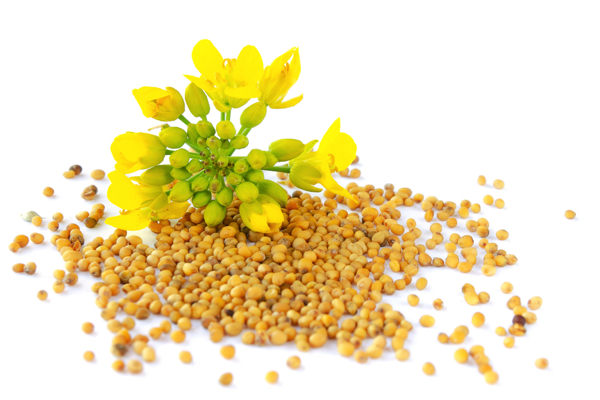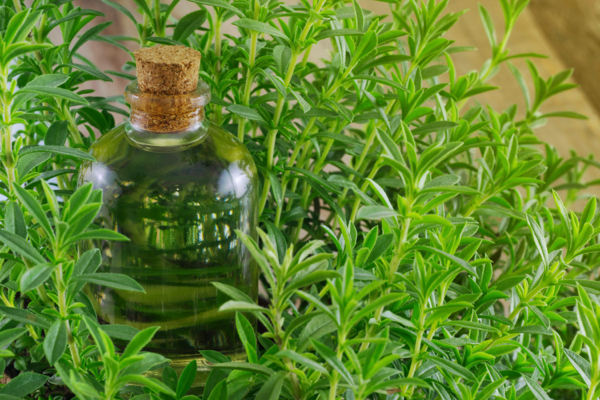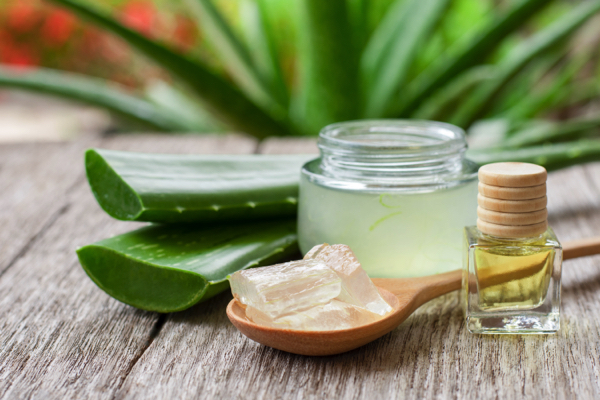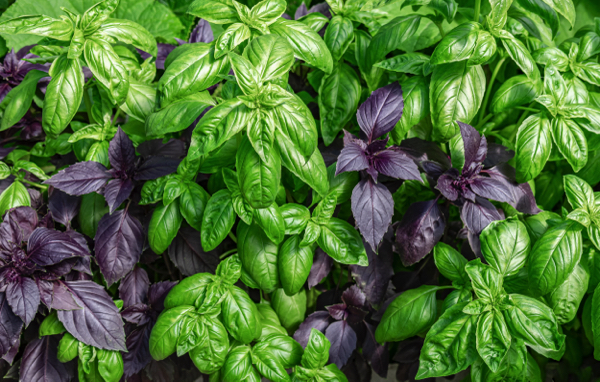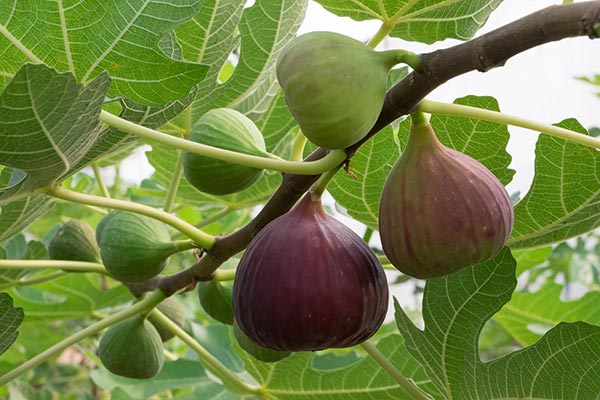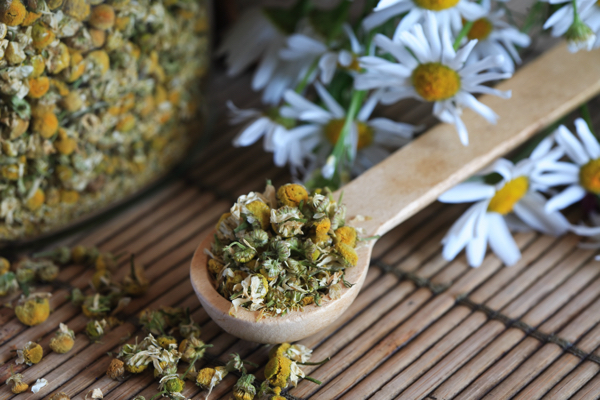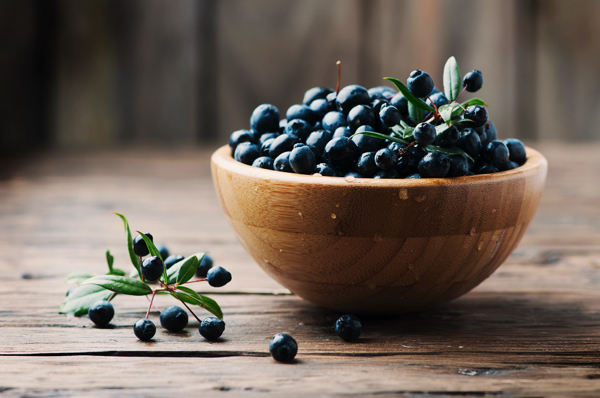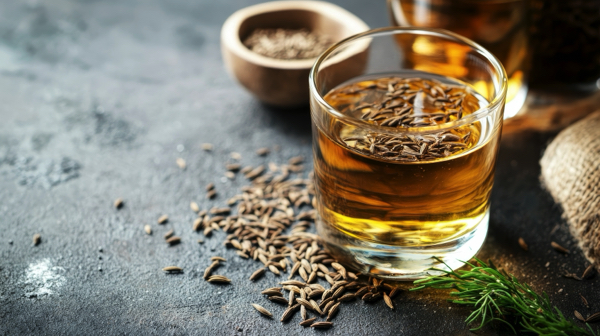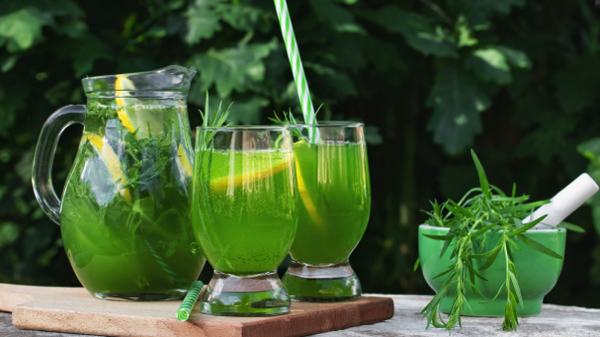Herbs and spices that support good metabolic health
12/05/2024 / By Olivia Cook

Adding a bit of spice to your meals can do more than just enhance flavor — it can also benefit your health. Recent research published in the journal Nutrients reveals that some of the most commonly used herbs and spices in the kitchen can boost metabolic health.
Consider incorporating these three herbs and spices into your diet to enjoy their impressive health benefits.
Ginger: A natural anti-inflammatory
Ginger, a well-known root used in both cooking and medicine, is prized for its bioactive compound, gingerol, which has anti-inflammatory and antioxidant effects. A review published in Natural Product Communications found that ginger consumption positively affects blood sugar, insulin, cholesterol and triglyceride levels. Numerous studies have also highlighted ginger’s ability to reduce inflammation markers. Consuming 1.5 to three grams of ginger root daily – about one tablespoon of freshly grated ginger or ¾ teaspoon of powdered ginger – can yield these health benefits.
Turmeric: The cholesterol regulator
Turmeric, a relative of ginger, is renowned for its powerful antioxidant properties, which can be attributed to curcumin. A study published in The AAPS Journal reported that turmeric can help lower triglycerides, total cholesterol and LDL or “bad” cholesterol levels. Consuming 2.1 to 2.4 grams of turmeric daily (about ½ to 1 teaspoon) has been linked to these benefits.
Although curcumin has poor bioavailability, pairing turmeric with black pepper can enhance curcumin absorption. Turmeric supplements containing piperine from black pepper ensure better absorption and are an effective option. (Related: Dynamic duo: Why TURMERIC and BLACK PEPPER are a powerful combination.)
Cinnamon: Blood sugar regulator
Cinnamon, derived from the inner bark of Cinnamomum trees, is packed with antioxidants and has long been used for its medicinal properties. Research shows that cinnamon can help regulate blood sugar, particularly for people with diabetes. According to a study published in Plant Foods for Human Nutrition, cinnamon can slow down the breakdown of carbohydrates in the digestive tract, reducing the rate at which glucose enters the bloodstream.
A review published in Diabetes, Obesity and Metabolism suggests consuming one to six grams of cinnamon daily (about ½ to two teaspoons) to lower fasting blood sugar levels by 10 to 29 percent.
Delicious and easy ways to incorporate ginger, turmeric and cinnamon into your diet
Here are some of the best ways to incorporate these spices into your meals:
Ginger
- Add freshly grated or sliced ginger to hot water to make a soothing ginger tea. Sweeten with a bit of raw honey and add a squeeze of lemon for extra flavor and health benefits.
- Blend fresh or powdered ginger into your morning smoothie for a spicy kick.
- Add freshly grated ginger to stir-fries for a burst of flavor and health benefits.
- Use powdered ginger when baking gingerbread cookies, cakes and muffins.
- Mix freshly grated ginger into homemade salad dressings for a zesty touch.
Turmeric
- Make a comforting drink by mixing turmeric powder with warm milk (dairy or plant-based), a pinch of black pepper and a sweetener like honey or maple syrup.
- Add turmeric powder to curries, stews and soups for a rich color and earthy flavor.
- Stir a teaspoon of turmeric into rice while cooking to add color and a subtle taste.
- Blend a small amount of turmeric powder into smoothies for an antioxidant boost.
- Sprinkle turmeric over vegetables before roasting for added flavor and health benefits.
Cinnamon
- Sprinkle ground cinnamon over your morning oatmeal or yogurt.
- Add a dash of cinnamon to your coffee or latte for a warm, spicy flavor.
- Blend ground cinnamon into your smoothies for a touch of sweetness and spice.
- Use cinnamon in baking recipes like cinnamon rolls, muffins and apple pie.
- Sprinkle cinnamon on toast spread with butter or nut butter for a quick and delicious snack.
Combining spices
- Create your own spice blend using ginger, turmeric and cinnamon to season meats, vegetables and grains.
- Add a combination of these spices to soups and stews for a flavorful and healthy meal.
- Make marinades for meat or tofu using a mix of ginger, turmeric and cinnamon along with other ingredients like garlic, lemon juice and olive oil.
Tips for maximizing benefits
- When using turmeric, always pair it with black pepper to enhance the absorption of curcumin, the active compound in turmeric.
- Whenever possible, use fresh ginger and turmeric root for maximum health benefits.
- Incorporate these spices into your daily diet to enjoy their long-term health benefits.
You don’t need large quantities of spices to enjoy their health benefits. Even half a teaspoon a day can significantly impact your well-being.
Visit Herbs.news for more on the health benefits of various herbs and spices.
Watch the following video about anti-inflammatory golden milk and the benefits of consuming turmeric, cinnamon and ginger.
This video is from the Daily Videos channel on Brighteon.com.
More related stories:
Essential spices and herbs for your food stockpile.
Turmeric: One of the world’s most powerful superfoods.
Boost your antioxidant intake with cinnamon, a versatile spice with a sweet and warm flavot profile.
Sources include:
Submit a correction >>
Tagged Under:
alternative medicine, black pepper, cinnamon, curcumin, food is medicine, ginger, gingerool, herbal medicine, natural medicine, phytonutrients, piperine, Spices, turmeric
This article may contain statements that reflect the opinion of the author
RECENT NEWS & ARTICLES
FoodIsMedicine.com is a fact-based public education website published by Food Is Medicine Features, LLC.
All content copyright © 2018 by Food Is Medicine Features, LLC.
Contact Us with Tips or Corrections
All trademarks, registered trademarks and servicemarks mentioned on this site are the property of their respective owners.






